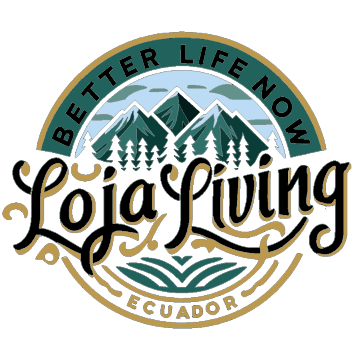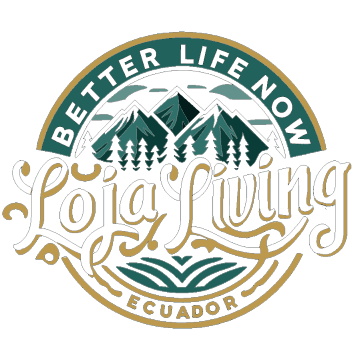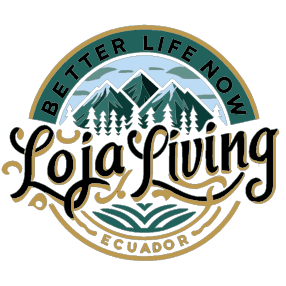Cost of Living
Understanding the cost of living in Ecuador is crucial for retirees considering the move. The country’s affordability is one of its main attractions, and this article provides a comprehensive overview of typical expenses to help with planning and budgeting.
Housing is significantly more affordable in Ecuador compared to the United States. Renting a one-bedroom apartment in the city center of Loja, Cuenca or Quito typically costs between $300 and $500 per month. Outside the city centers, rental prices drop to $200 to $400. For those interested in purchasing property, prices vary by location, with homes in Loja and Cuenca ranging from $50,000 to $150,000, while coastal properties in Salinas can cost between $80,000 and $200,000.
Utilities and services are another area where retirees can save money. Monthly utility bills for a small apartment, including electricity, water, and gas, usually range from $30 to $60. High-speed internet costs about $30 to $50 per month, and mobile phone plans are affordable, typically costing around $10 to $20 per month.
Groceries are also inexpensive in Ecuador. Local markets offer fresh produce at low prices, with a kilo of bananas costing about $1 and a kilo of chicken around $3. While imported goods are available in supermarkets like Supermaxi, Tia, and Zerimar, they are more expensive. On average, a couple can expect to spend approximately $200 to $300 per month on groceries.
Healthcare costs in Ecuador are a fraction of those in the United States. A consultation with a general practitioner or specialist in a private clinic costs between $20 and $50. Hospital stays, including meals and nursing care, average around $200 per night. Major medical procedures, such as surgeries, are also significantly cheaper. For example, a hip replacement in a private hospital costs around $12,000. Expats can choose between public health insurance (IESS), which costs around $70 to $80 per month, or private health insurance, which ranges from $70 to $150 per month depending on the plan, coverage, and your age.
Transportation is both reliable and affordable. Public buses are a common mode of transport, with fares typically $0.30 to $0.50. Taxis are inexpensive, with short rides costing around $1.25 (Loja) to $5 (Cuenca) depending on where you live. Owning a car is more expensive due to high import taxes, with used cars often costing 50-100% more than in the U.S.
Dining out in Ecuador is very affordable. Meals at local restaurants cost between $3 and $5, while dining at mid-range establishments costs about $10 to $20 per person. High-end restaurants are more expensive but still reasonable compared to the U.S., with meals ranging from $30 to $50 per person.
Leisure activities are diverse and affordable. A movie ticket costs around $5, and monthly gym memberships range from $20 to $40. Many outdoor activities, such as hiking and visiting national parks, are free or very low-cost.
An added benefit, if you are over 65, is public venues are half price, taxes are half price, and medications are discounted.
In conclusion, Ecuador offers a high quality of life at a low cost, making it an attractive destination for retirees. With affordable housing, utilities, healthcare, and entertainment, retirees can enjoy a comfortable and fulfilling lifestyle without financial stress.




